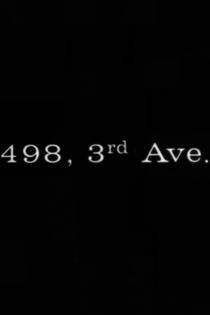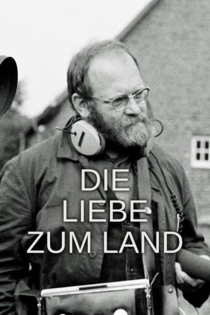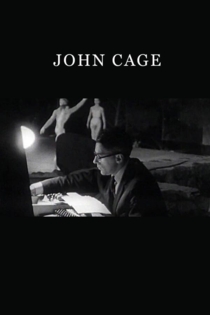
Klaus Wildenhahn
1930 - 2018Smith, James O. - Organist, USA. 1. Die Europa-Tournee des Jazz-Organisten Jimmy Smith
Klaus Wildenhahn
Jimmy Smith, Dizzy Gillespie
An account of the first European tour of American jazz organist Jimmy Smith and his trio in 1965, replete with backstage footage and music.
Smith, James O. - Organist, USA. 1. Die Europa-Tournee des Jazz-Organisten Jimmy Smith

Der Hamburger Aufstand Oktober 1923
Klaus Wildenhahn
This award-winning film documents the only uprising of communists ever to occur in Germany. During the post-World War I period, Germany suffered from hyperinflation and the near-starvation of many working people. Working conditions were extremely bad, and there was a very vocal socialist movement. Despite fears that communists of one sort or another might take over the country, there was only one communist-led uprising, in 1923, and it was brutally suppressed. The uprising was a useful stick for governmental forces seeking greater social control, however, and it strengthened the tendency of the already weak Weimar regime to govern by emergency decree. An additional consequence was that the use of private militias was legitimized. These tendencies laid the groundwork for Hitler's takeover of power not too many years later. This documentary uses rare and never-before seen film footage from the strike and from that era.
The Hamburg Uprising of 1923

Was tun Pina Bausch und ihre Tänzer in Wuppertal?
Klaus Wildenhahn
Pina Bausch
Wuppertal is a drizzly, industrial city on the Rhine and one immediately wonders why Pina Bausch and her avant-garde dance troupe have settled there. A socially engaged documentarian, Wildenhahn is also perplexed by this issue and spends considerable time trying to place Bausch in a context outside of the aesthetic. Still, the dance company's daily life and the excruciating rehearsal and performance schedule is solidly captured. The film begins cleverly: a dance critic offers sagacious comments on ballet dancers finishing their careers at mid-thirty just when, according to Bausch, the "aspects of misery, suffering and fear of death should become an integral part of a dancer's spiritual and psychological make-up." Wildenhahn's camera glides over the dancers' bodies as Bausch leads them through their paces, a consummate teacher. Leaving behind rehearsals of "Bandoneón" and "Walzer," Wildenhahn then ventures out into the streets of Wuppertal searching for the dance of the common people.
What Are Pina Bausch and Her Dancers Doing in Wuppertal?



